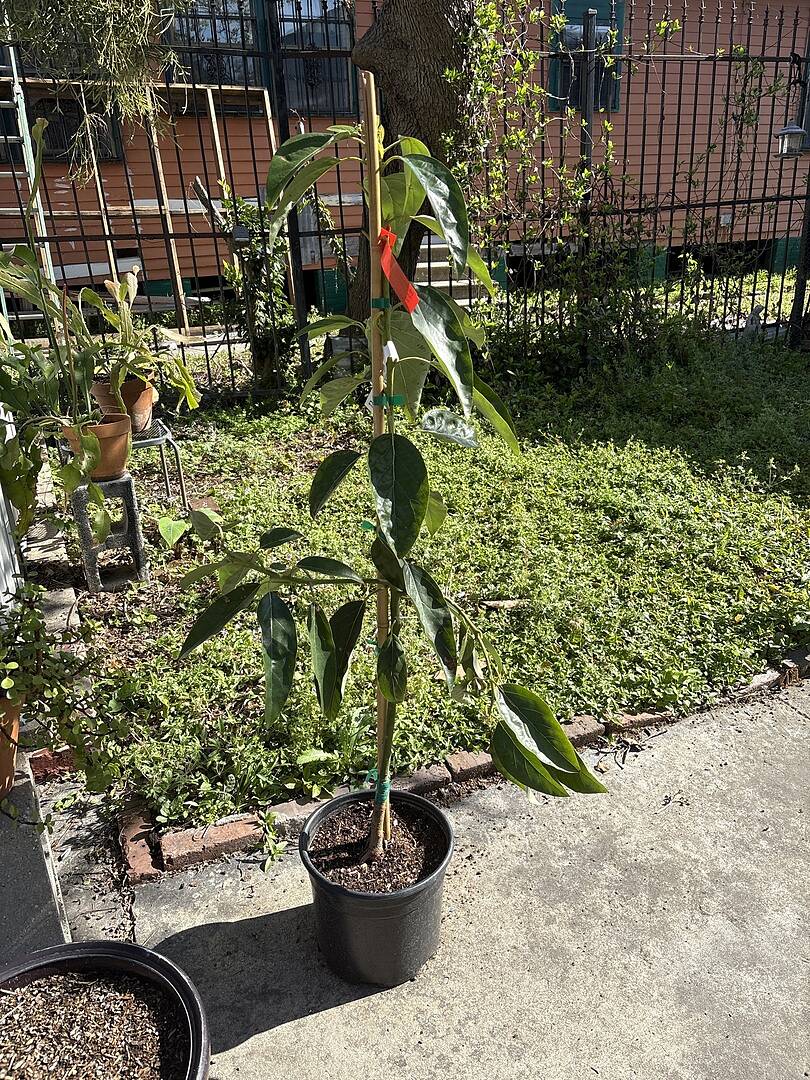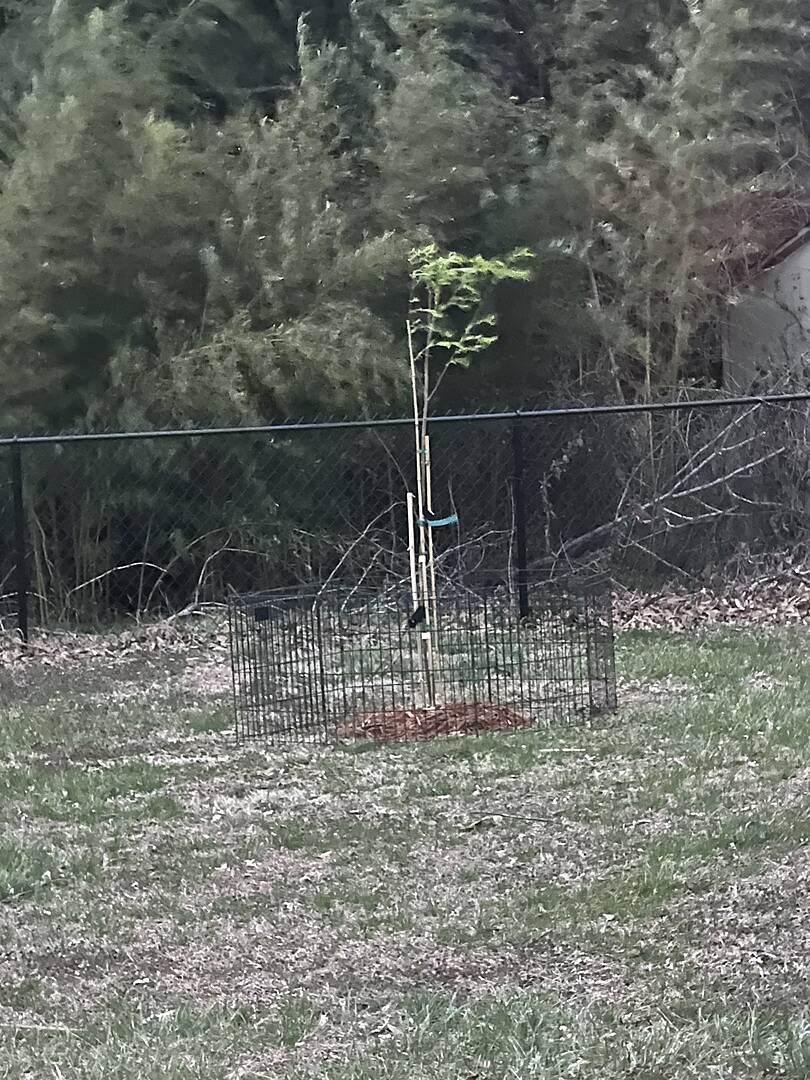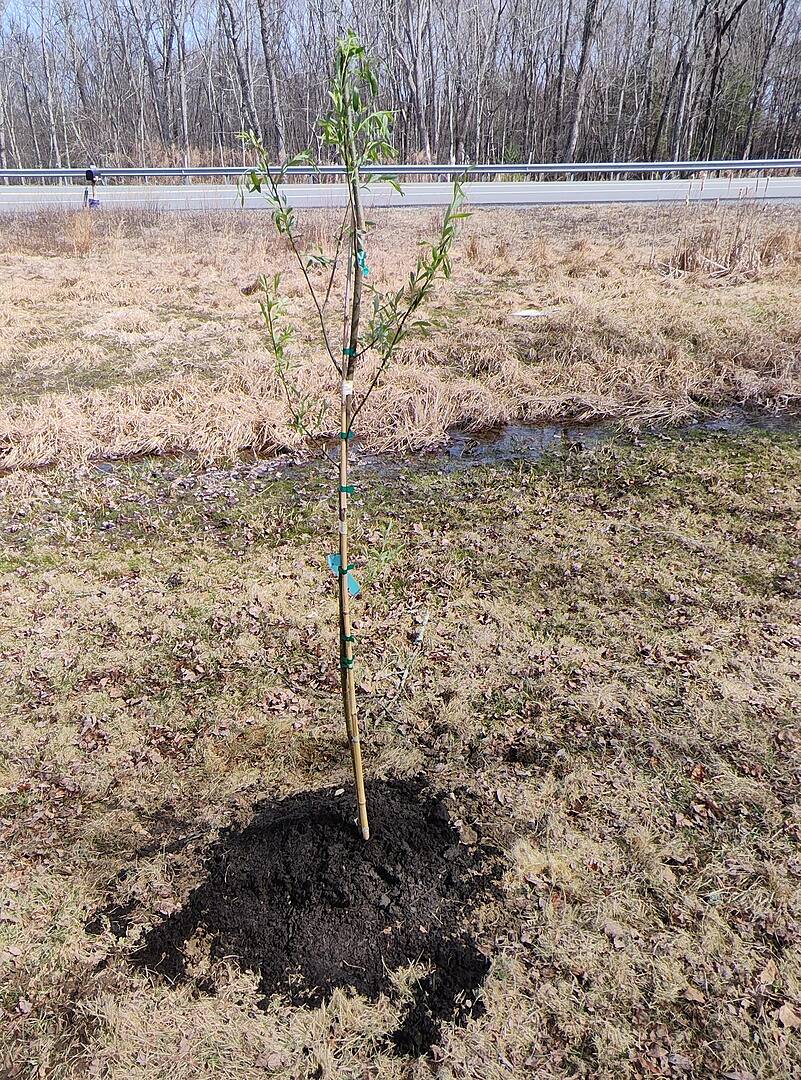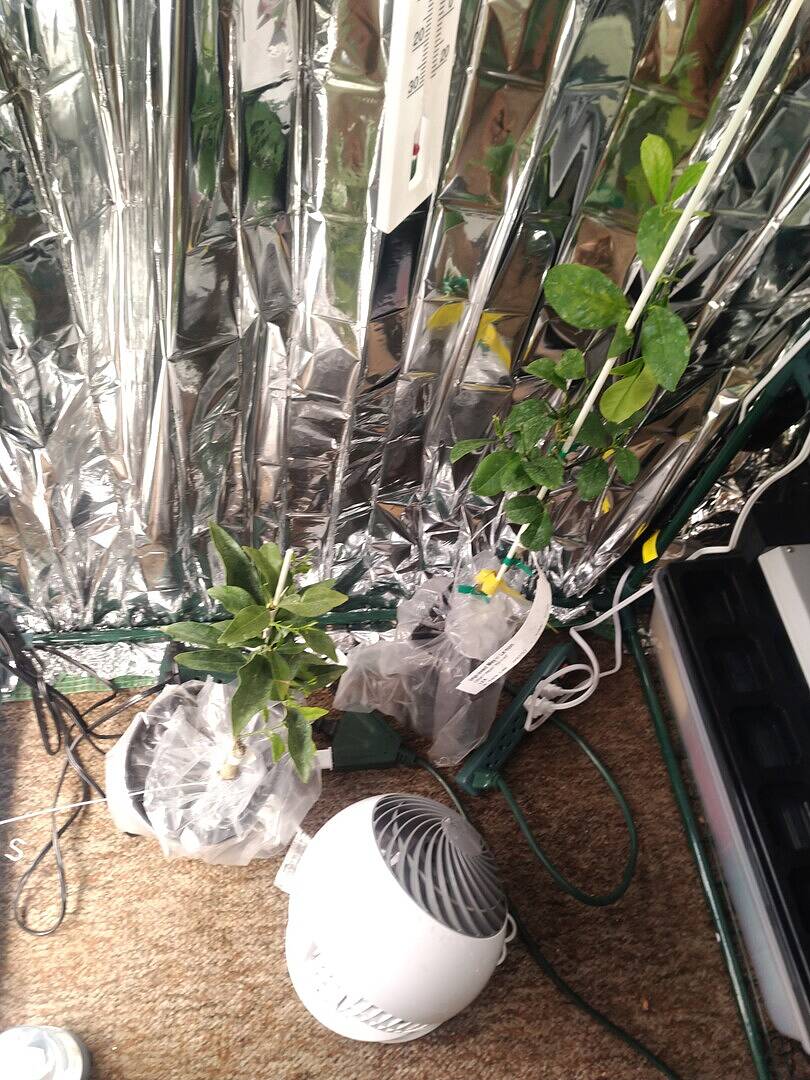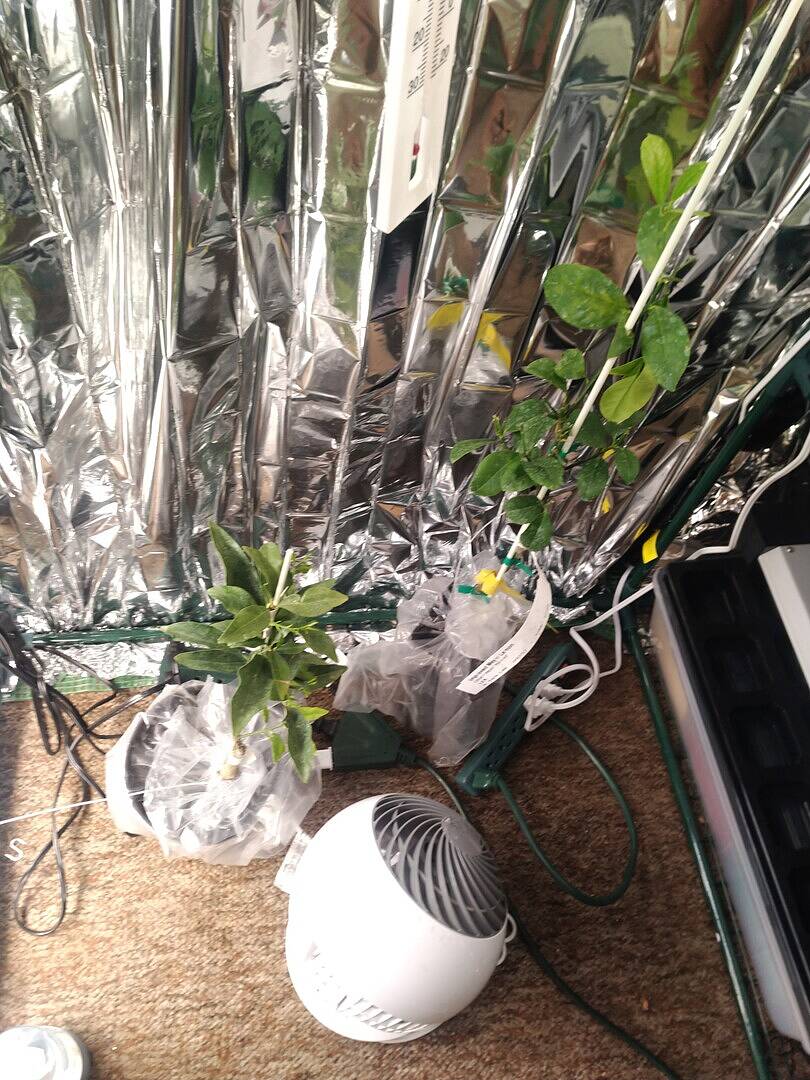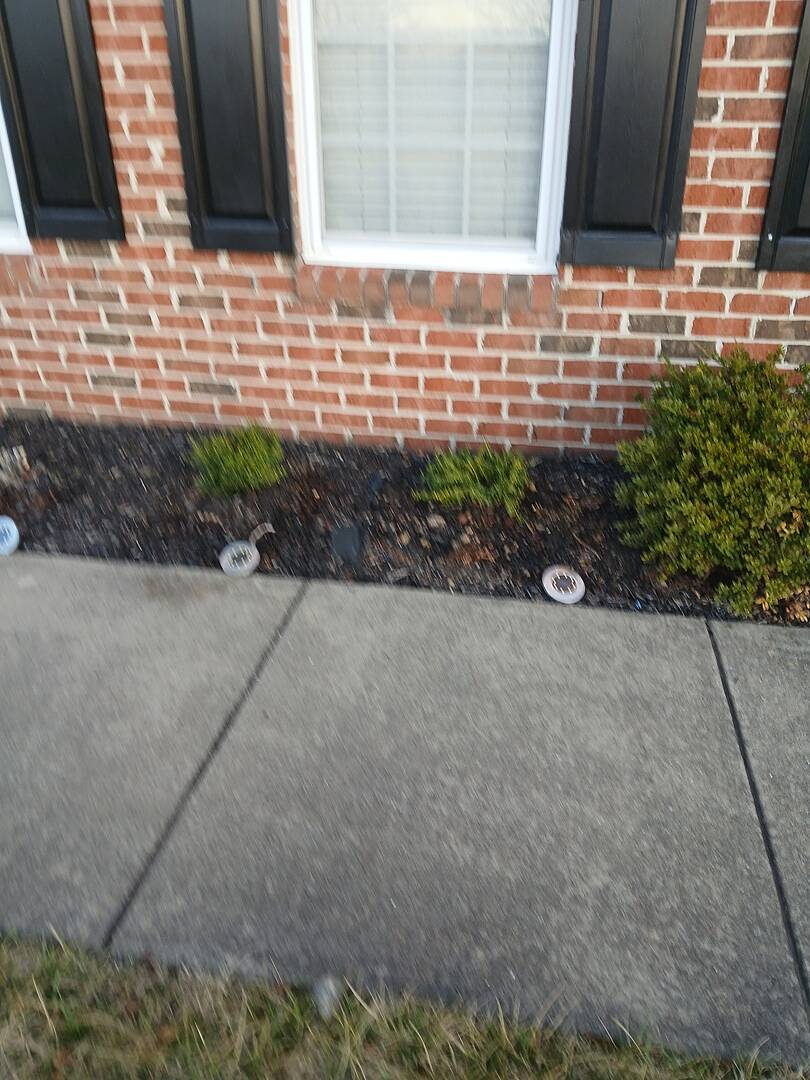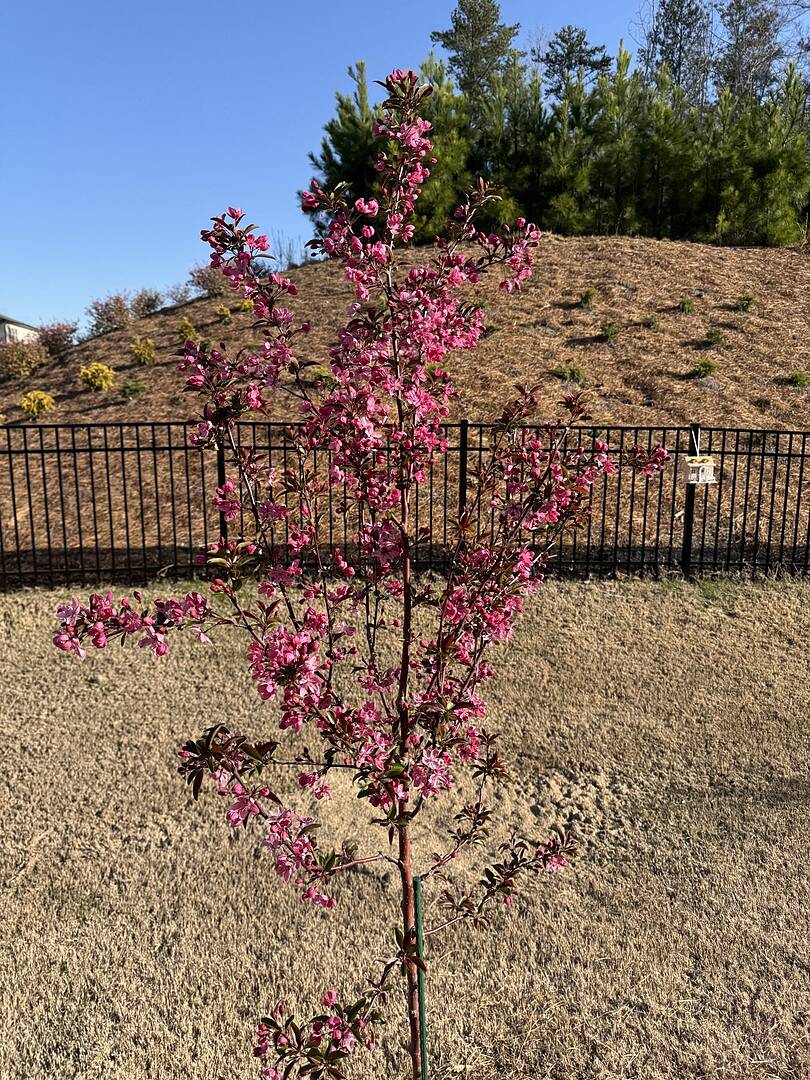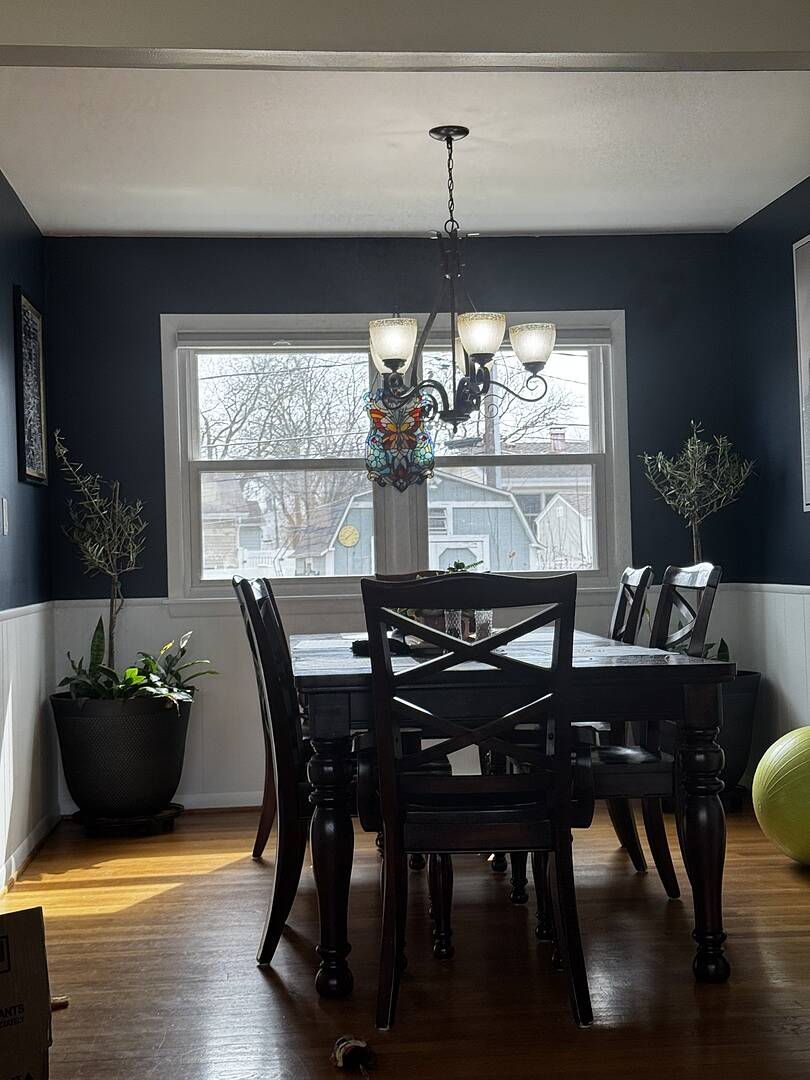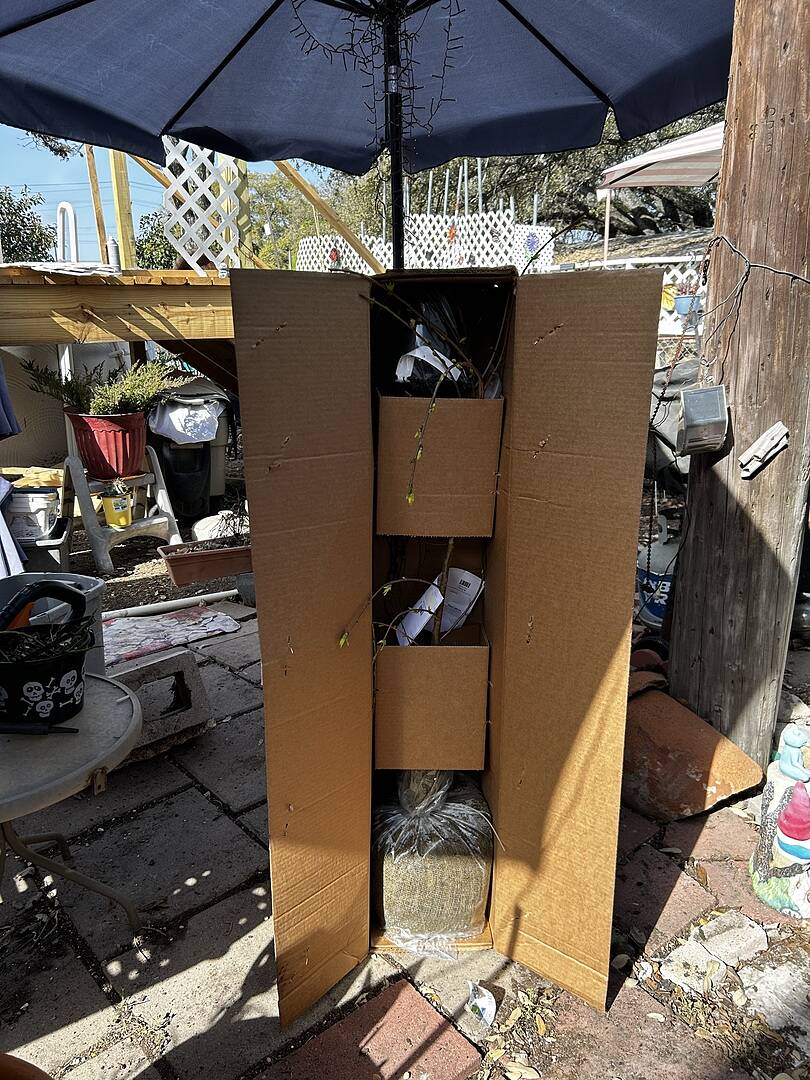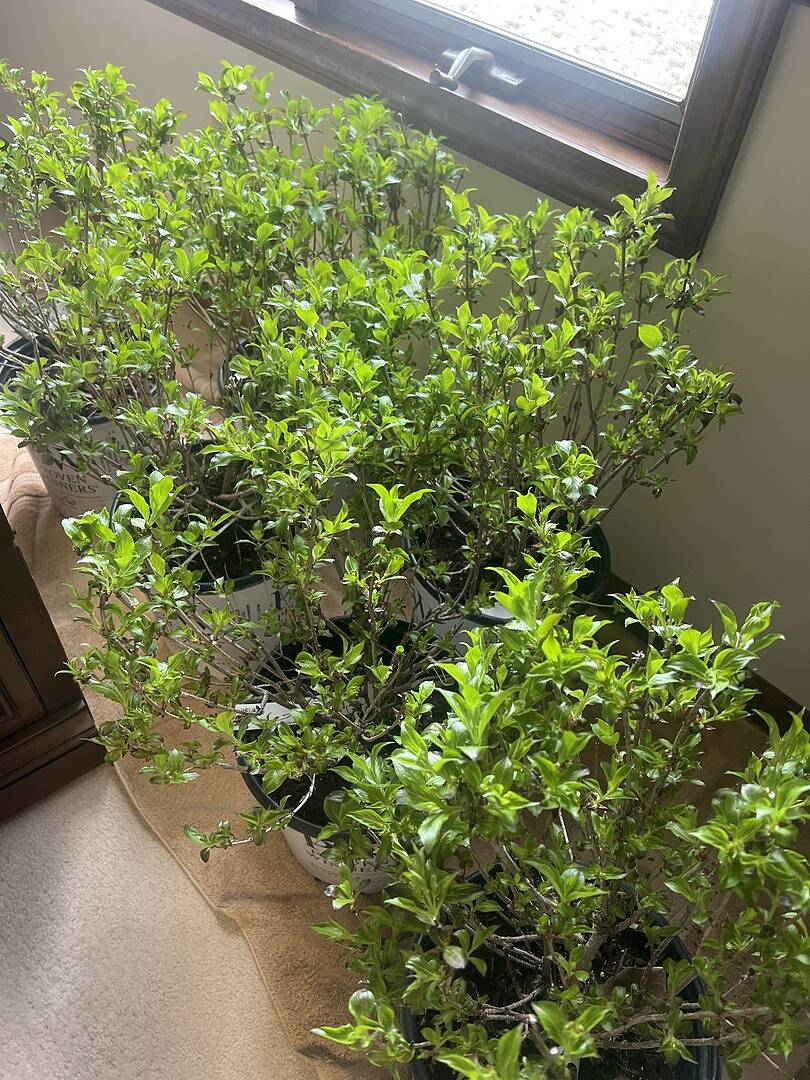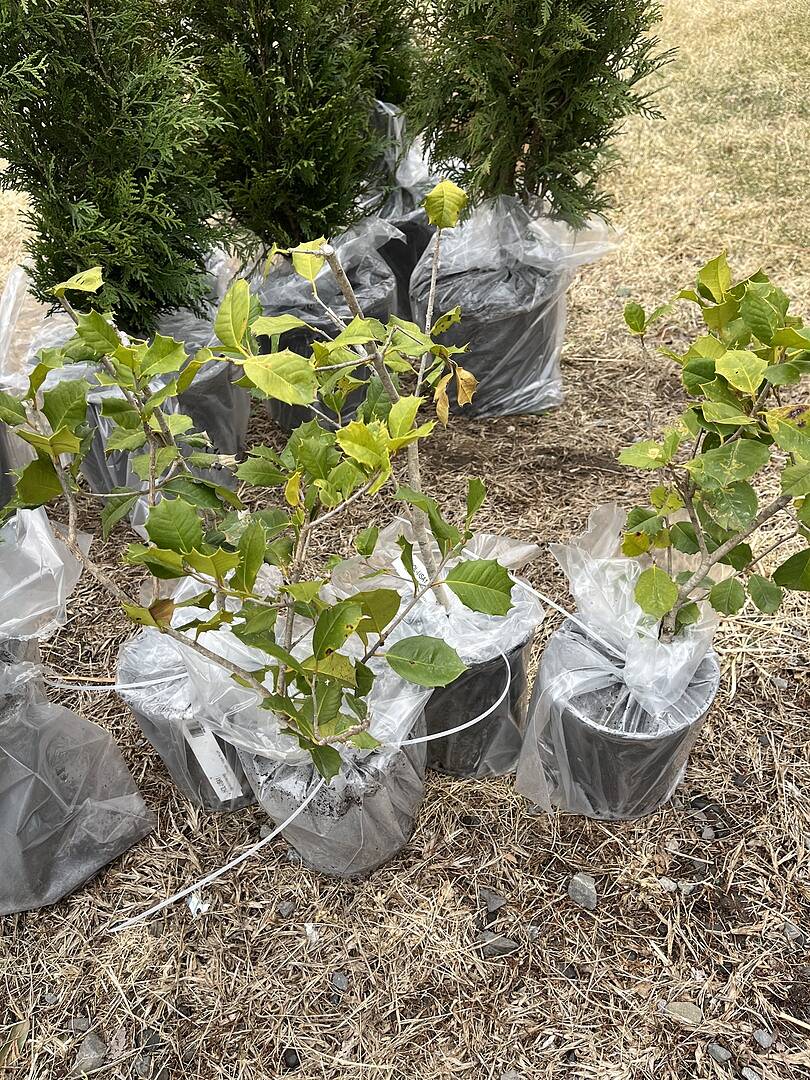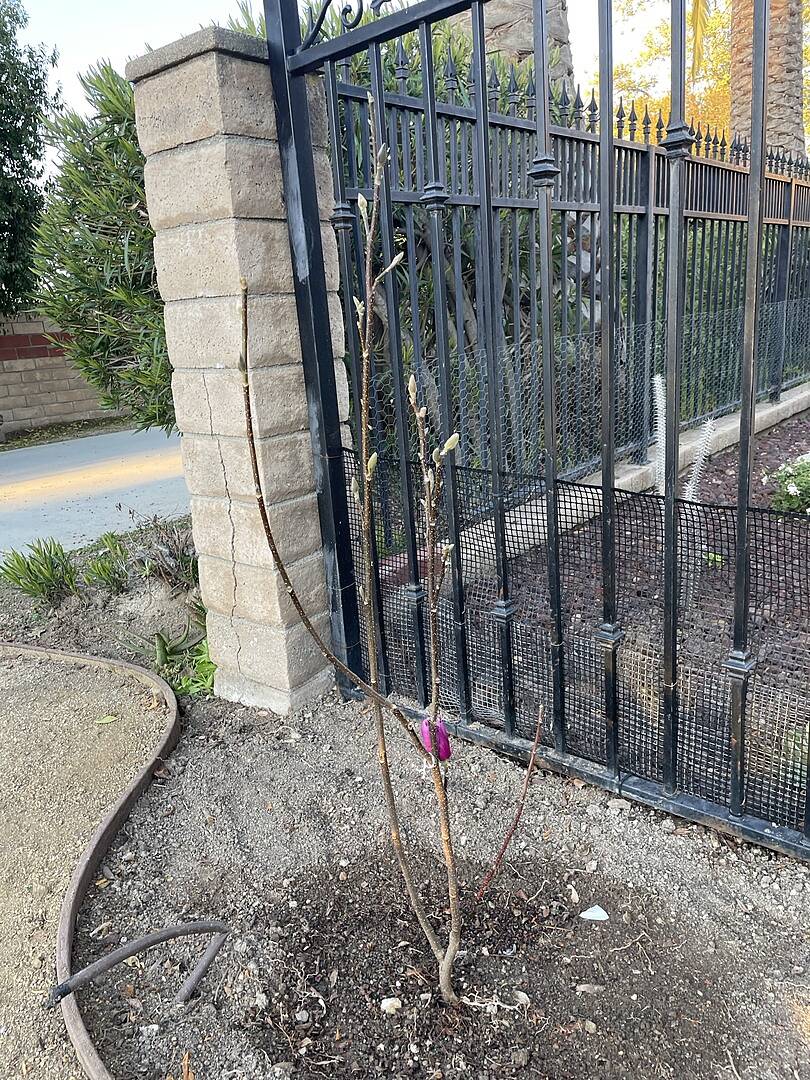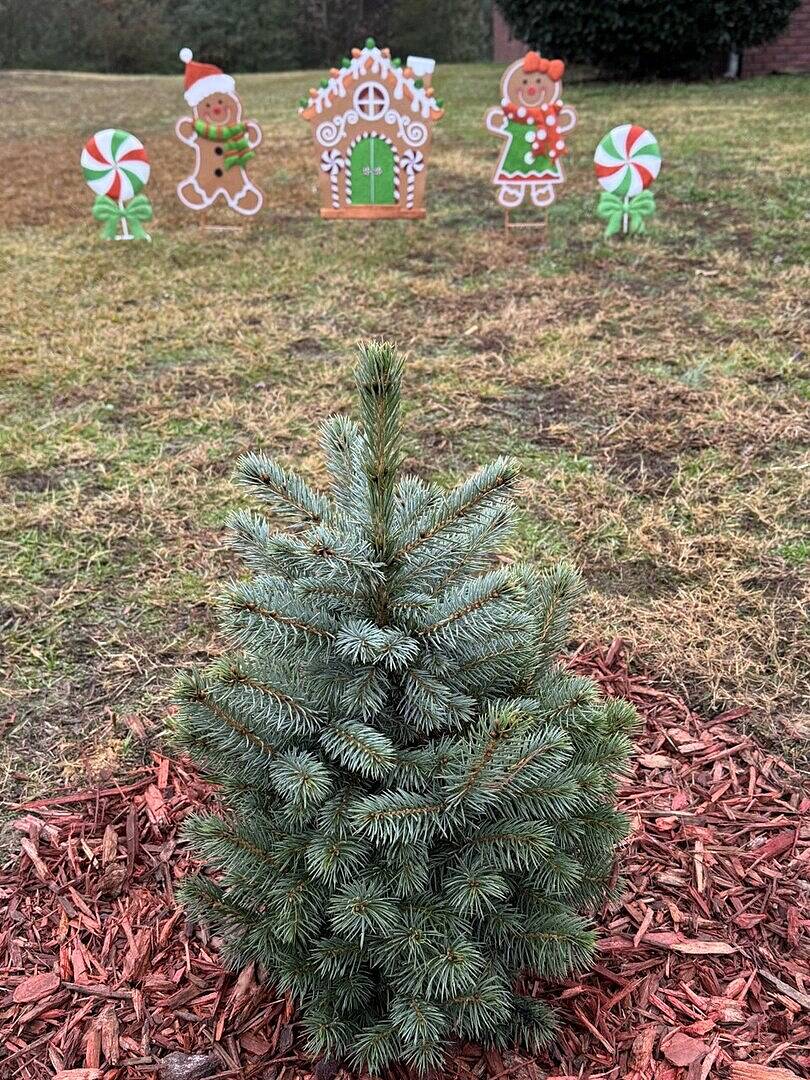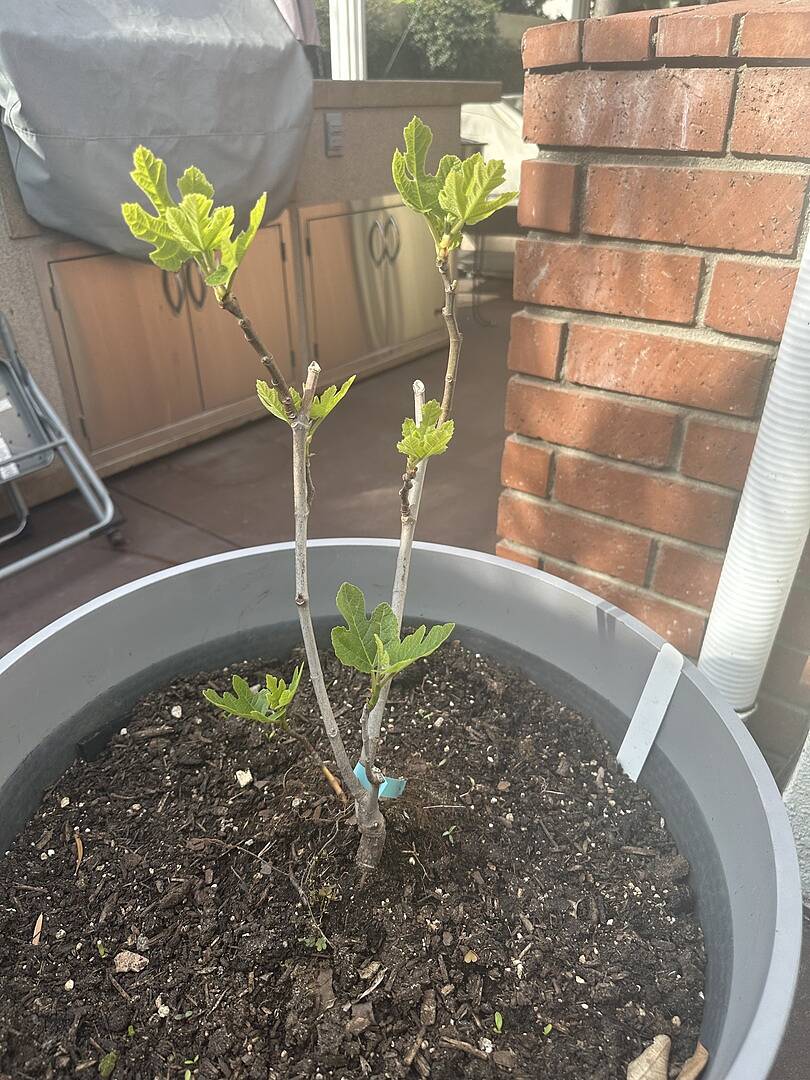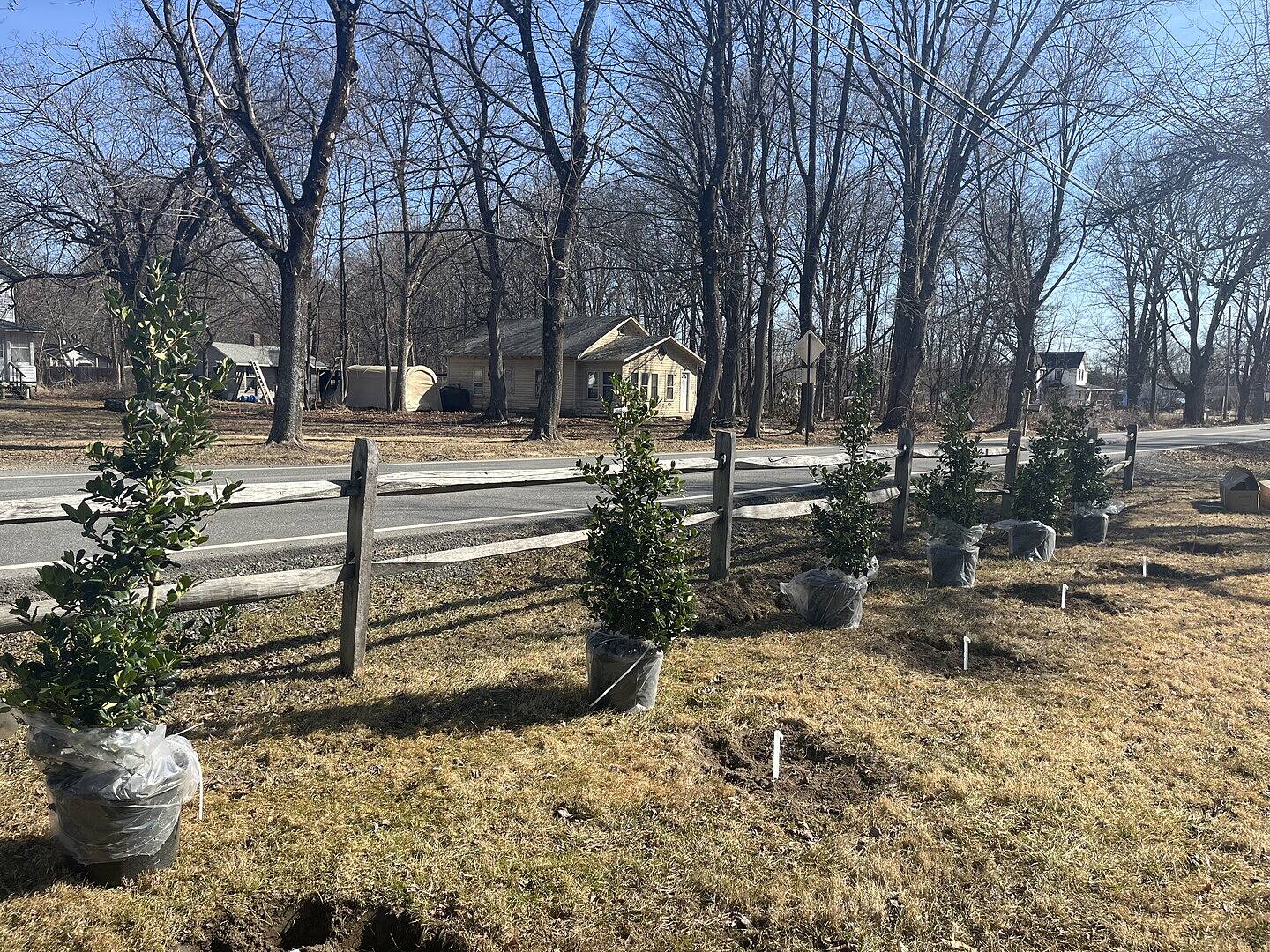Large Low-maintenance Ohio
No matter where you live in Ohio, whether it's Cincinnati or Toledo, you can grow a stunning home garden or landscape. All it takes is a little bit of Ohio know-how and planning. From gorgeous Buckeye Trees to roses, Ohio is a gardener's dream.
How to Grow and Care for Ohio Plants
Ohio lies in the humid continental zone, which means it has a generally mild climate. Winters can be extremely cold—especially in Northern Ohio—and summers are relatively mild in the eastern highlands. The southern regions have warmer temperatures and a longer growing season.
Most areas in Ohio fall under USDA zone 6, indicating that the average extreme winter temperature for the location ranges between -10 and 0 Fahrenheit. You'll have a handsome garden in no time if you select flowers, shrubs, and trees that can survive this temperature range.
Before you get started, we recommend testing your soil. Ohio is diverse in soil types, reflecting its geographic history and topography. In Ohio, Miamian is the most common soil. It is deep and moderately well-draining.
Types of Ohio Plants
Perennials: If you live in the Buckeye State and want color year after year, try these no-fuss perennials: Verbena Purple Homestead, Russian Sage, and Magnus Coneflower (Echinacea).
If you’re a gardener who prefers natives, keep watch for these stunning Ohio perennials: Bee Balm, Blue False Indigo, Blue Vervain, and Butterfly Weed.

See our Ohio native plants for sale to turn your home garden into the jewel of your neighborhood.
Shrubs: A few shrubs we recommend for Ohio gardens are the Stiletto Rose, Pugster White Butterfly Bush, and Lynwood Gold Forsythia Shrub.
If you prefer native Ohio shrubs, you’re in luck. Ohio has numerous well-loved native shrubs to choose from. Consider planting Fame Azalea, Rosebay Rhododendron, Blueberries, brambles, and Bottlebrush Buckeye.
Trees: Hardy favorites are the Lombardy, Hybrid Poplar, and Red Maples. If you want a tree that is great for planting in rows to form a windbreaker or to increase privacy, check out Juniper Wichita Blue. This unusual plant has year-round blue-gray foliage and makes an excellent hedgerow plant. Fast growing trees in Ohio that residents love are Slippery Elm, Yellow Poplar, and Tree-of-Heaven.
Native Ohio trees to consider are Black Gum, Eastern Redbud, Crabapple, or the state tree, THE Ohio Buckeye.

Ready to plant a beautiful tree? Check out our Ohio trees for sale.
Common Questions About Ohio Plants
What planting zone is Ohio?
The Buckeye State USDA hardiness zones are 5 through 7. Cincinnati and Columbus are in zone 6, while Cleveland is in zone 7.
When to plant a garden in Ohio?
Wait until after the last frost to plant your garden in Ohio. Broadly, this translates to late April or early May. For Ohio’s largest cities, the optimal times to plant are mid-April for Cleveland and late April for Cincinnati and Columbus.












































